Lobby Day 2024
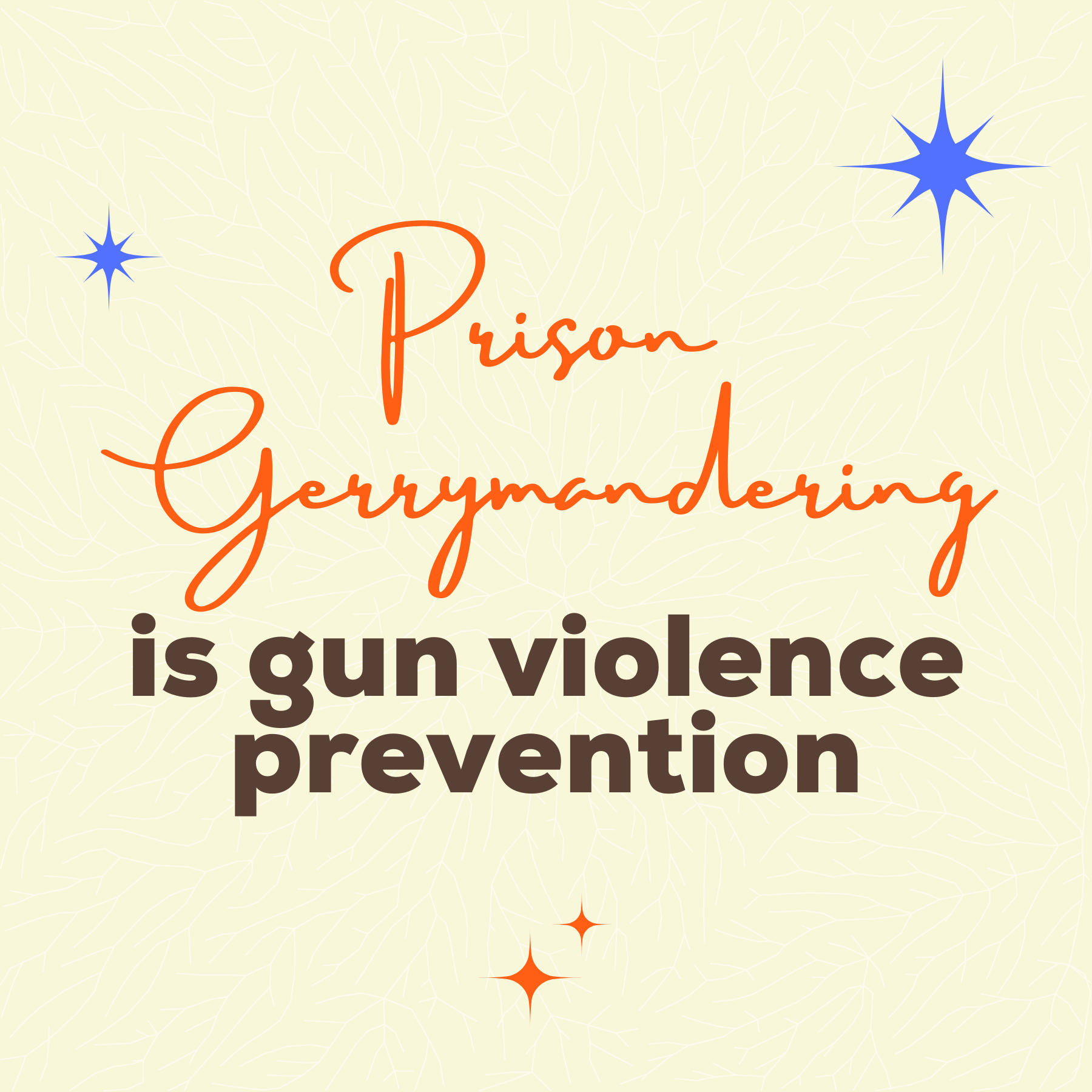
Our root cause platform advocates for ending prison gerrymandering by accurately counting individuals in their home communities. This is essential to rectify the unequal representation and resource allocation that results from artificially inflating rural populations by including incarcerated populations. This reform not only ensures fair government decision-making, but also empowers communities disproportionately affected by gun violence by ensuring those communities get the funding they deserve. By addressing underlying issues like poverty, inadequate education access, and limited economic opportunities, ending prison gerrymandering will enable these communities to implement meaningful changes. Incarcerated folks will return home to their communities, so local funding should go to the communities they call home to address issues.
Senator Sylvia Santana has authored Senate Bill 33 to end prison gerrymandering.
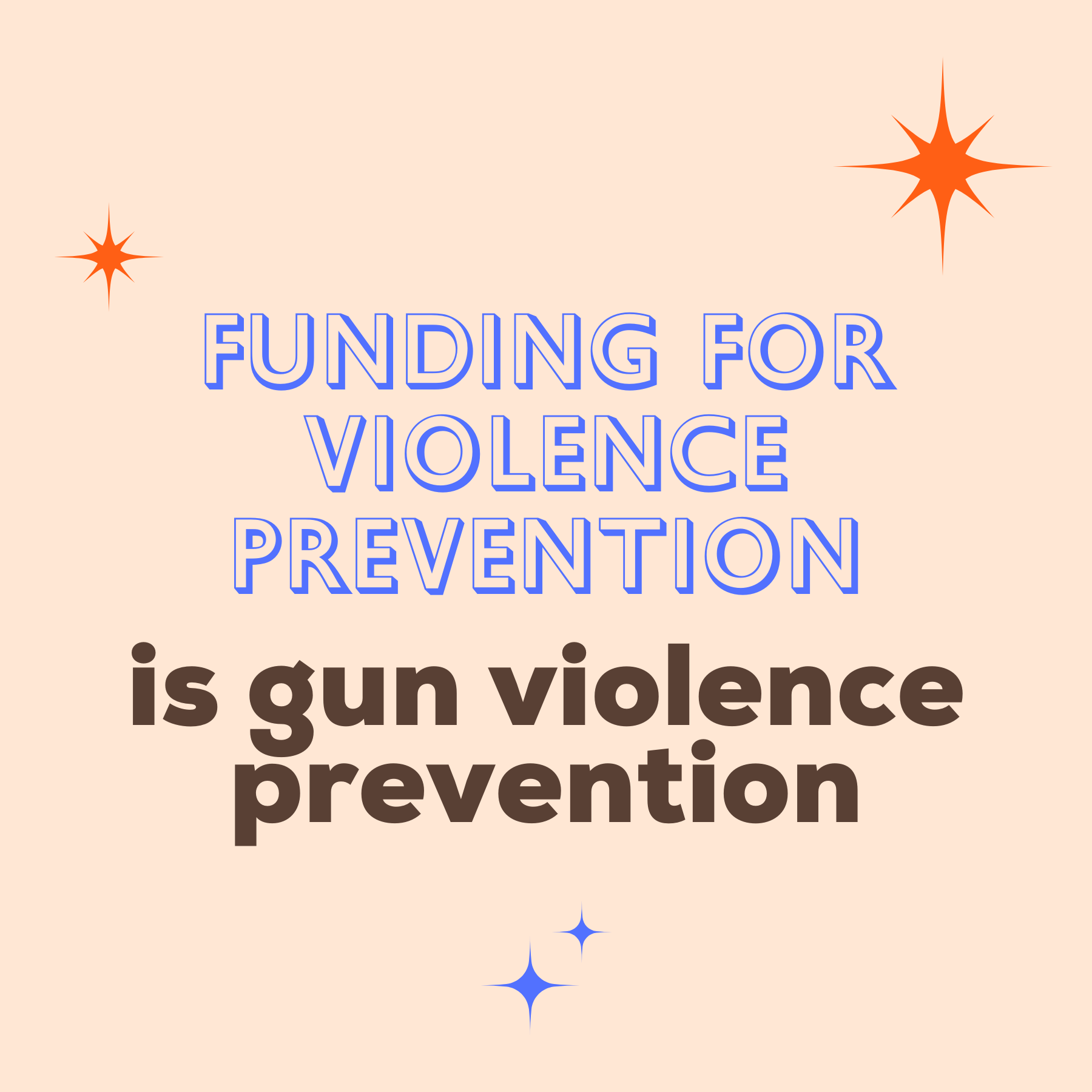
We strongly advocate for increased budgetary support for peer-to-peer community violence intervention programs. These initiatives are driven by individuals with personal experiences and directly address the root causes of gun violence within communities. By fostering trust and providing relatable guidance, these programs tackle underlying issues such as poverty, lack of education, and limited access to economic opportunities, thereby reducing the prevalence of gun violence.
It is crucial to ensure equitable and adequate funding for these interventions, especially in marginalized communities. Recognizing the diverse needs of each community and supporting existing frontline representatives are key components of an effective strategy. We urge our lawmakers to prioritize investing in community violence intervention programs to make a substantial impact on creating safer and more resilient communities.
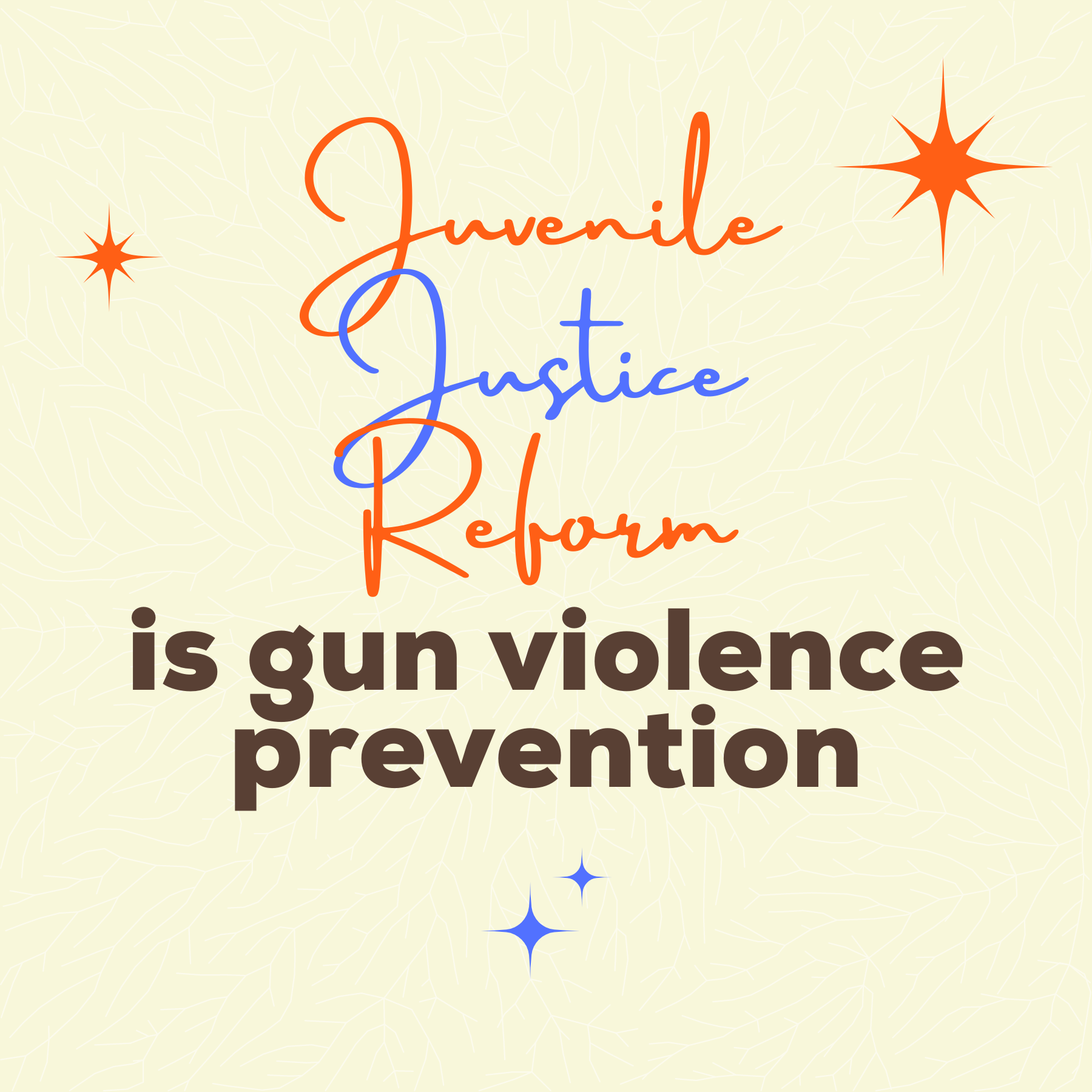
Our root cause platform supports the recent expansion of the Child Care Fund (CCF) which serves as the primary funding source for our juvenile justice system, operating on a reimbursement model between county courts and the state. Starting October 1, 2024, the reimbursement rate for community-based care will increase from 50% to 75%, creating an incentive for counties to focus on alternatives to detention. This shift provides local communities with an opportunity to advocate for comprehensive programs addressing root causes, such as anger management, family therapy, and after-school initiatives. The increased reimbursement also covers shelter and respite care. We are urging state lawmakers to engage their local jurisdictions to boost their child care fund budgets.
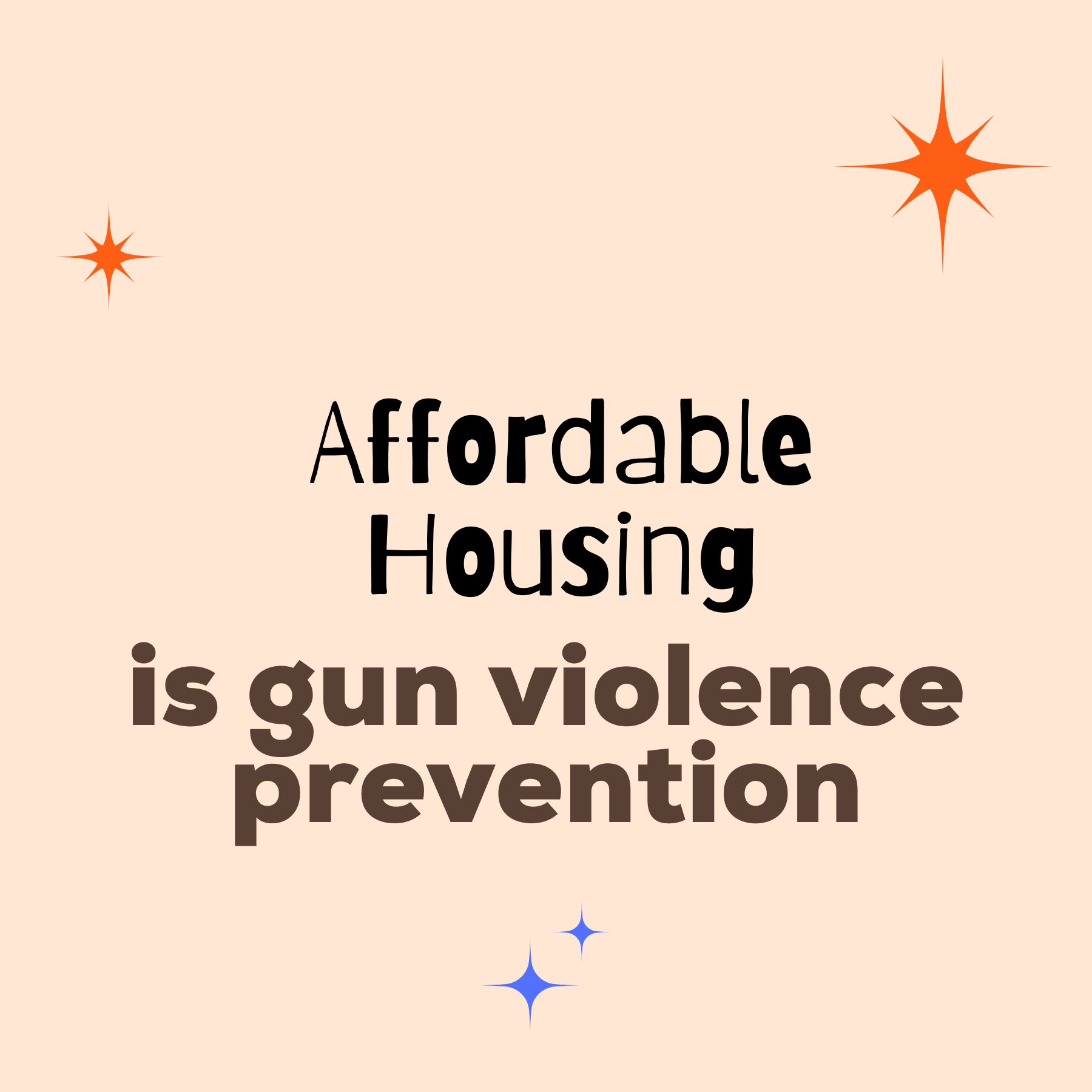
Within the Root Cause Platform, we advocate for affordable housing. Housing security plays a pivotal role in gun violence prevention by addressing systemic factors that contribute to community instability and crime. In areas where housing is unaffordable or insecure, residents face economic hardship, limited access to education, and heightened stress levels, creating an environment for social tensions. Adequate and affordable housing helps stabilize communities, fostering a sense of belonging and reducing the likelihood of individuals resorting to violence. Additionally, secure housing contributes to mental health and overall well-being, mitigating factors that could lead to a decrease in gun violence. We urge our lawmakers to prioritize policies and investments for affordable housing and housing rehabilitation and investment.
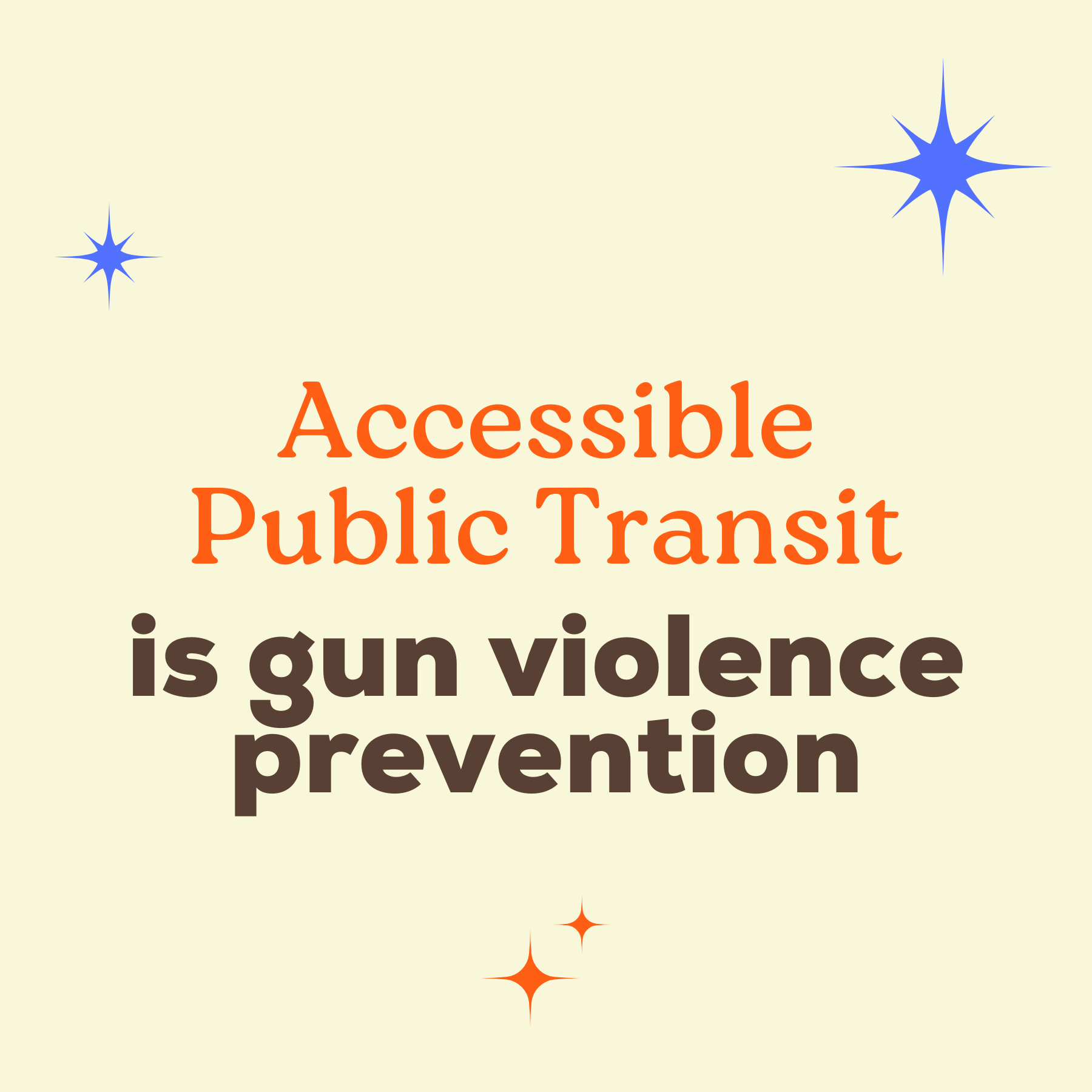
We advocate for accessible public transportation. This plays a crucial role in gun violence prevention by addressing social and economic disparities that can contribute to crime. Reliable and affordable transit systems enhance mobility and connectivity, providing individuals from diverse socioeconomic backgrounds with access to education, employment, and community resources. We believe that by facilitating easier movement within and between neighborhoods, public transportation helps bridge gaps in opportunities. Moreover, a well-functioning public transit system promotes community engagement and cohesion, fostering a sense of shared responsibility and safety. Investing in accessible public transportation not only enhances overall societal well-being, but also contributes significantly to the prevention of gun violence by creating more equitable and connected urban environments.
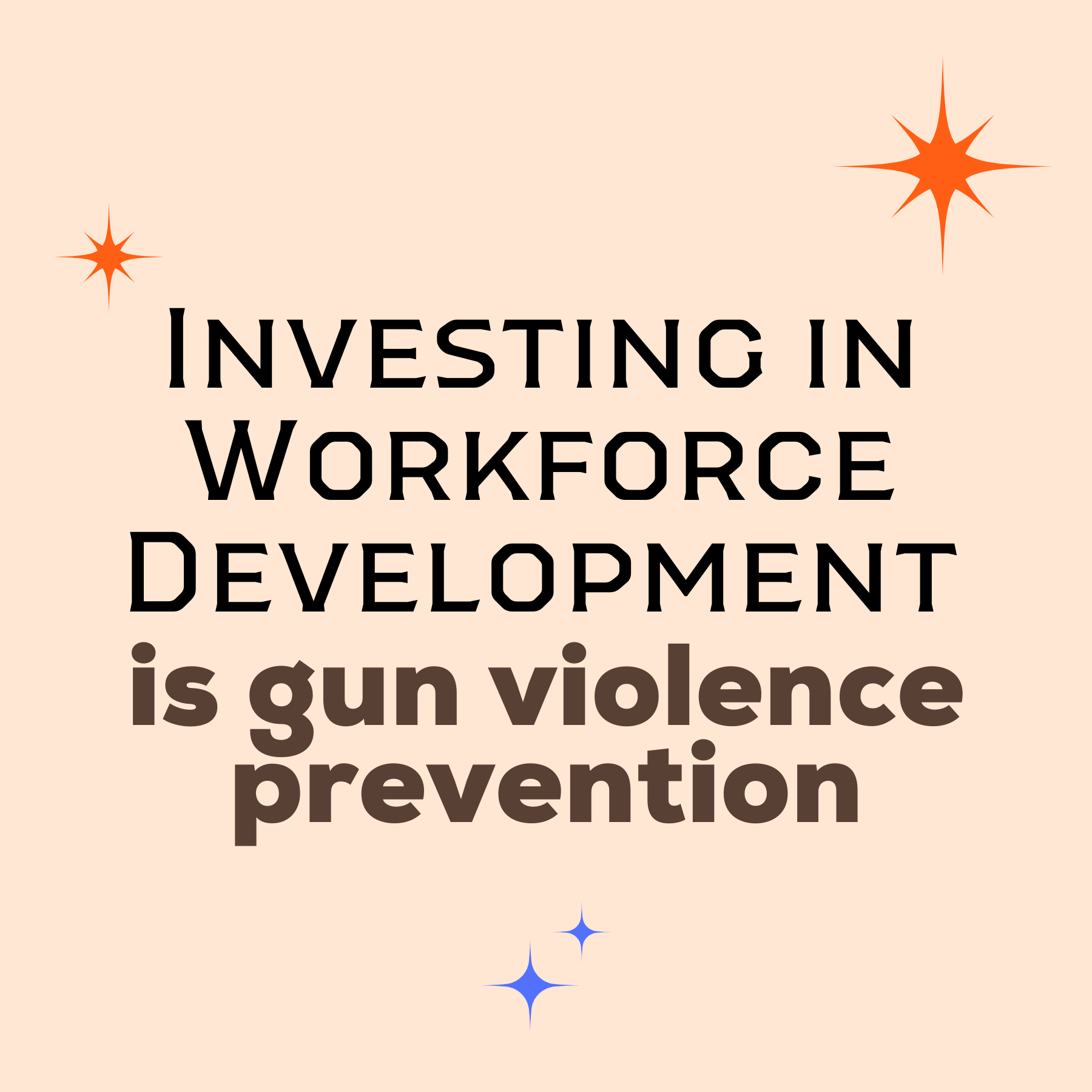
Our root cause platform advocates for investment in workforce development programs that can help prevent gun violence by addressing socioeconomic factors contributing to crime. By offering skill development and educational opportunities, these initiatives empower individuals in economically disadvantaged communities.As individuals access better economic prospects, community stability improves, increasing opportunities and reducing crime. A robust workforce development system promotes community engagement and collaboration, serving as a proactive measure in preventing gun violence. We urge our lawmakers to prioritize increases in funding for workforce development programs, vocational programs, and post-secondary education programs.

We advocate for affordable utilities to constitute a crucial element in the larger framework of gun violence prevention. Access to affordable electricity, water, and heating not only improves overall living conditions, but also alleviates financial burdens on households, reducing stress and potential triggers for violence. When individuals and families struggle with high utility costs, the resulting financial strain can exacerbate existing challenges. By ensuring that essential utilities are affordable for all, lawmakers can contribute to community stability, creating an environment where residents are less likely to experience economic hardships. Affordable utilities are a key component of a holistic approach to addressing the root causes of gun violence and fostering safer, more resilient communities.
Related to affordable utilities, Senator Stephanie Chang and Representative Abraham Aiyash have introduced legislation to prevent water shutoffs and make water affordable statewide (House Bills 5088, 5090 – Senate Bills 549, 551).
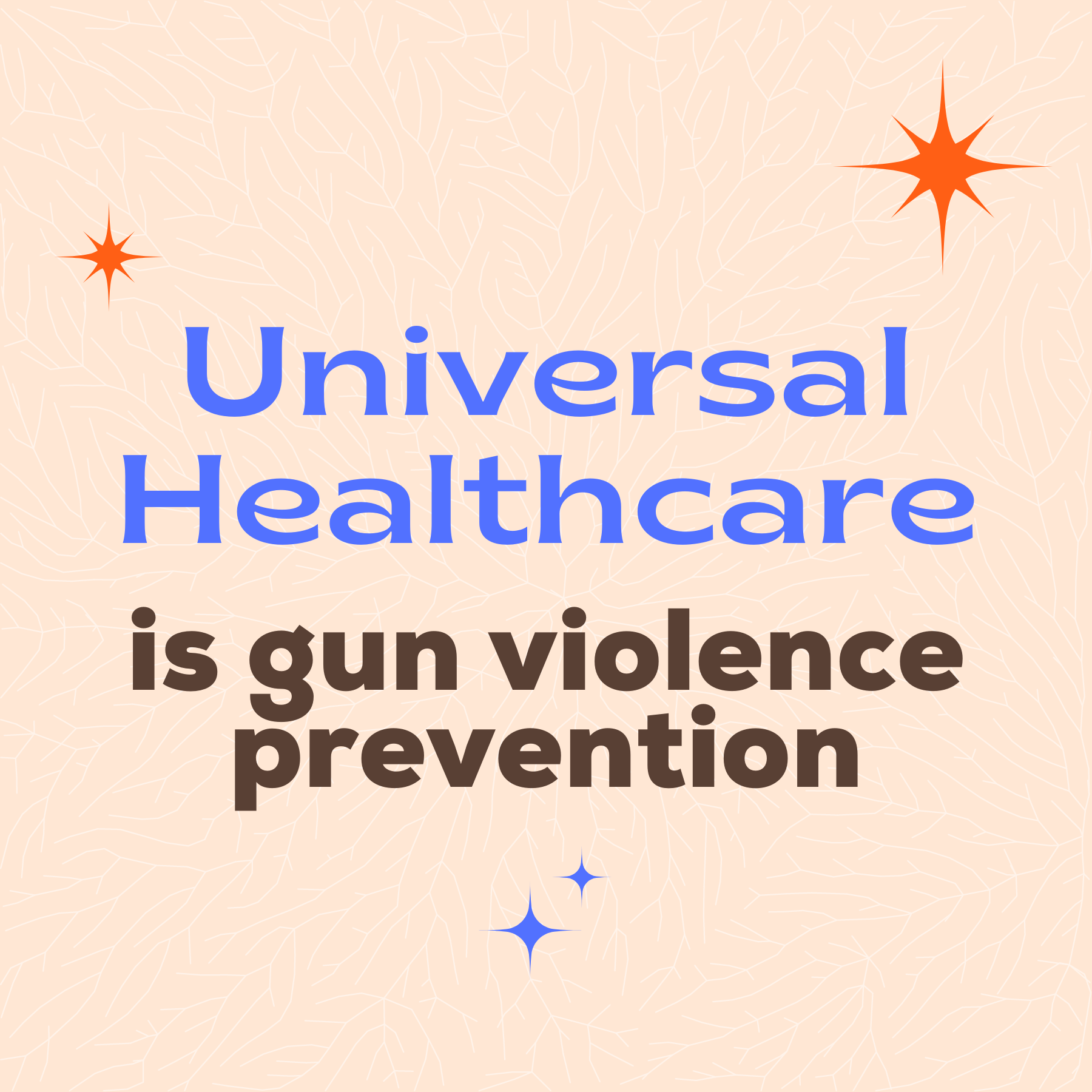
We advocate for universal healthcare in our Root Cause Platform. Access to healthcare exerts a substantial influence on gun violence prevention by addressing mental health, access to care, and overall societal well-being. Providing comprehensive healthcare coverage ensures that individuals, regardless of socioeconomic status, have access to mental health services and early intervention programs. By addressing mental health issues proactively, universal healthcare mitigates potential contributors to harmful behaviors. Furthermore, access to routine medical care contributes to overall community well-being, reducing stressors that may lead to harm. In essence, universal healthcare not only enhances individual health outcomes but also fosters a safer and more resilient society, contributing significantly to the prevention of gun violence.
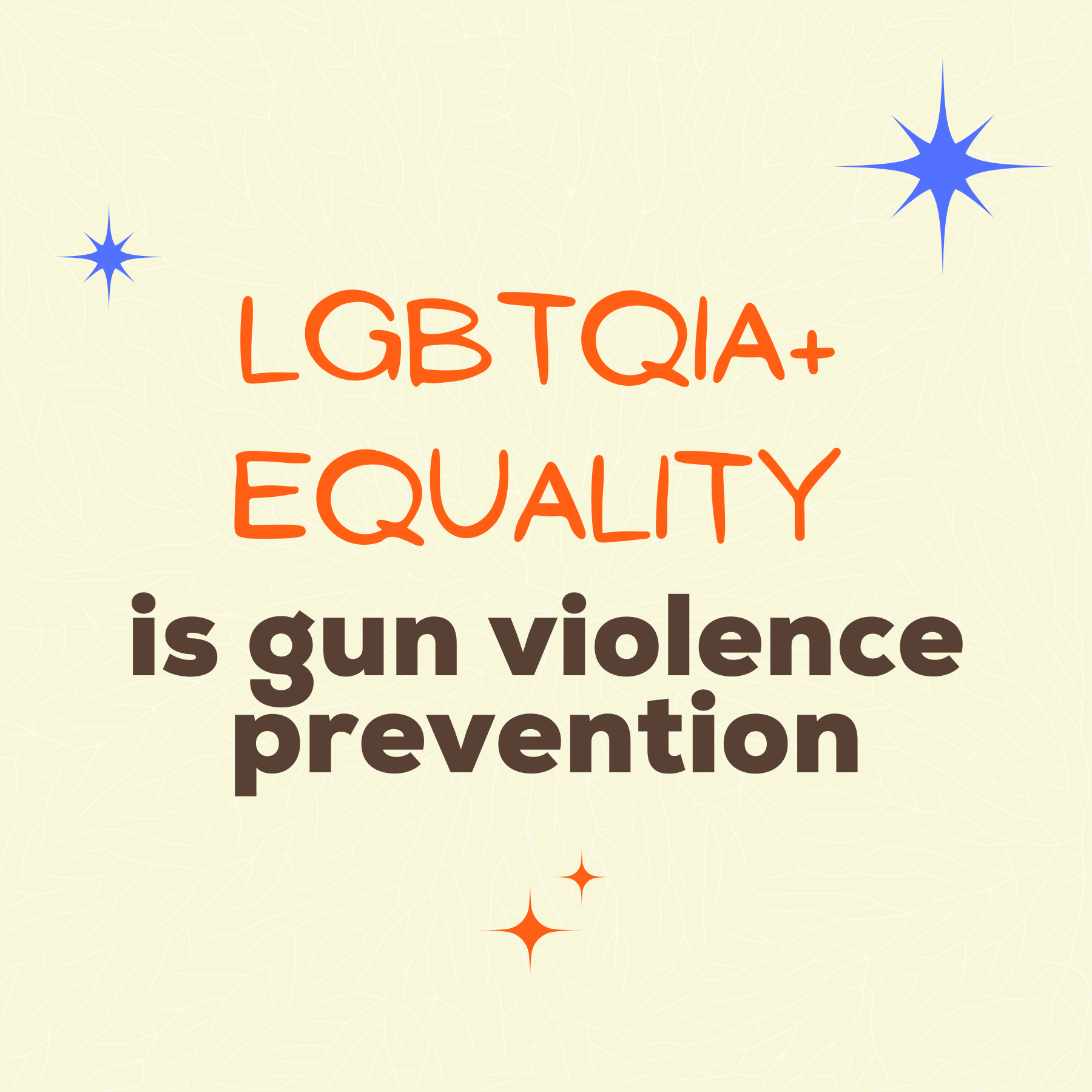
LGBTQ+ equality serves as a critical component in the broader strategy of gun violence prevention, as it addresses social factors that can contribute to discrimination, marginalization, and ultimately, conflict. LGBTQ+ individuals, when subjected to discrimination or exclusion, may face increased vulnerability to mental health issues, bullying, and harassment, potentially leading to a higher risk of involvement in violent situations. By fostering a society that embraces equality, acceptance, and inclusivity, we create an environment where everyone, regardless of sexual orientation or gender identity, feels valued and supported. This inclusivity can contribute to stronger community bonds, reducing the potential for interpersonal conflicts that may escalate into violence. Therefore, championing LGBTQ+ equality is not only a matter of social justice but also a proactive step towards building safer, more harmonious communities and preventing incidents of gun violence.
Related to LGBT+ Equality, Representative Laurie Pohutsky, Representative Emily Dievendorf, Representative Felicia Brabec and Helena Scott have introduced legislation to ease the administrative barriers for name and gender marker modifications (House Bills 5300 – 5303).
Questions? Want to get involved? Email: lucius@progressmichigan.org
campaignforasafermi.org
